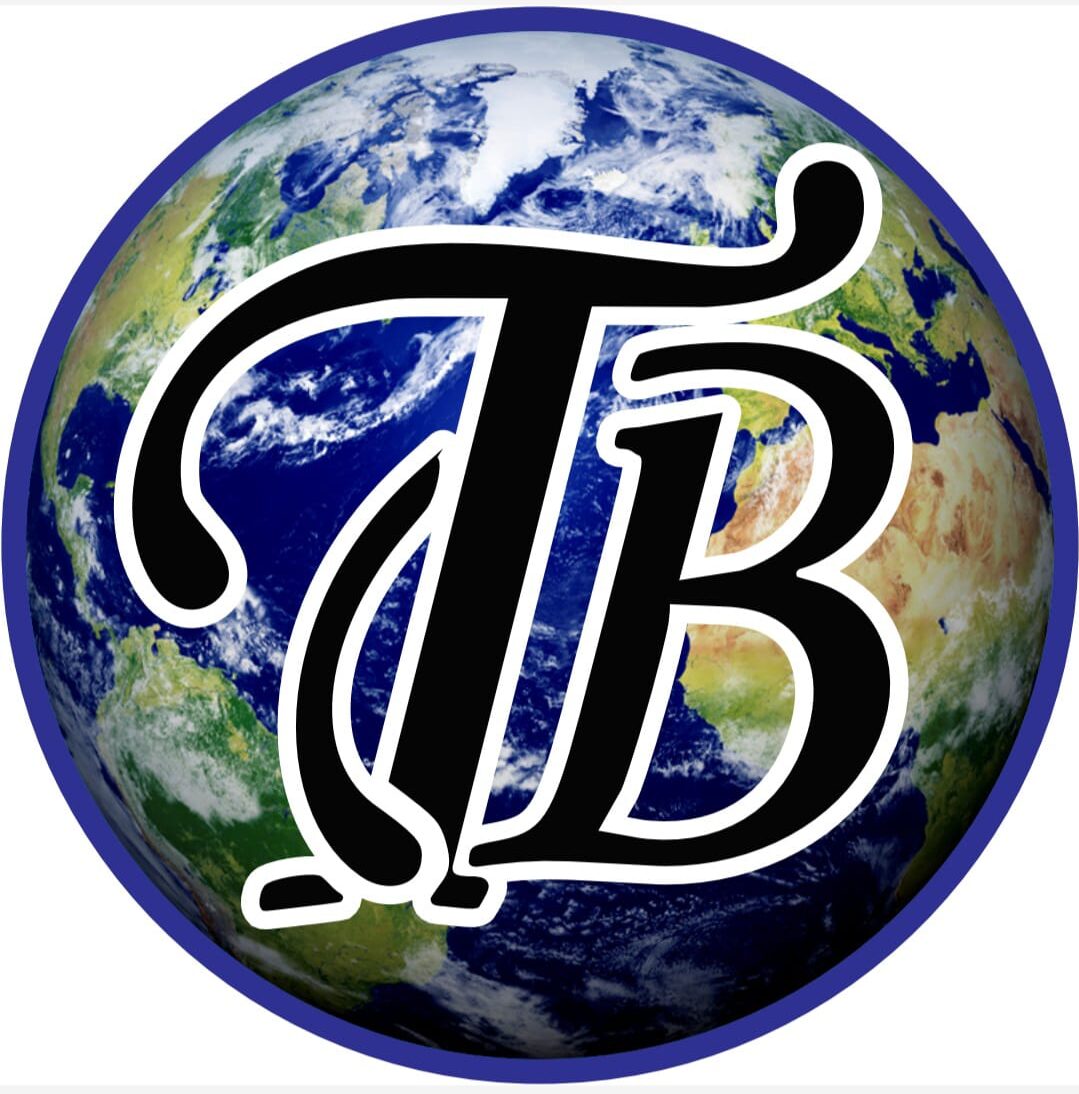What is GRS Certificate?
What is GRS Certificate: GRS stands for Global Recycled Standard. It’s a certification that ensures products are made with recycled materials and verifies responsible social, environmental, and chemical practices in their production. GRS certification tracks the content of recycled materials in a product, ensuring transparency and credibility in the recycled supply chain. It covers aspects like traceability, environmental principles, social requirements, and chemical restrictions, offering a standard for companies to demonstrate their commitment to sustainability and recycling.
Procedure of GRS Certification
After understanding what is GRS Certificate is let’s go deeper to understand more about it.
The process of obtaining Global Recycled Standard (GRS) certification involves several steps:
Application
The first step is to contact a certification body that is accredited to issue GRS certifications. The company seeking certification submits an application detailing its product(s), production processes, and materials used.
Document Review
The certification body reviews the documentation provided to ensure compliance with GRS requirements. This includes verifying the use of recycled materials, tracking systems, environmental practices, social requirements, and chemical management.
On-Site Audit
An on-site audit is conducted at the manufacturing facilities. This involves a thorough inspection of the production processes, materials sourcing, storage, handling, and record-keeping. The auditors assess whether the company’s operations align with GRS standards.
Evaluation
Following the audit, the certification body evaluates all collected information to determine if the company meets GRS criteria. They assess the percentage of recycled content in the products and verify compliance with social, environmental, and chemical requirements.
Certification Decision
Based on the audit findings and evaluation, the certification body makes a decision regarding GRS certification. The company receives GRS certification upon fulfilling all the necessary criteria.
Certification Maintenance
GRS certification is not a one-time process; it requires ongoing compliance. Companies must maintain the standards set by GRS and undergo periodic audits to ensure continued adherence to the certification requirements.
Labeling and Marketing
Once certified, the company can use the GRS logo on its certified products, indicating to consumers that the items meet the GRS sustainability standards. This helps in marketing the products as environmentally friendly and responsibly produced.
Throughout the process, transparency and accurate documentation regarding the sourcing and use of recycled materials are crucial. Companies must demonstrate their commitment to sustainability and responsible practices to achieve and maintain GRS certification.
“GRS-Certified Products”
Various industries can apply the Global Recycled Standard (GRS) certification to a wide range of products. Some of the common types of GRS-certified products include:
- Textiles and Apparel: Clothing, accessories, fabrics, and fibers made from recycled materials such as recycled polyester, recycled cotton, or other recycled fibers.
- Home Textiles: Bedding, towels, rugs, and other household textile products made from recycled materials.
- Outdoor Gear: Recycled materials used in the production of outdoor clothing, backpacks, tents, and other gear.
- Paper Products: Recycled paper, stationery, packaging materials, and office supplies made from recycled fibers.
- Footwear: Shoes and sneakers incorporating recycled materials in their construction.
- Furniture: Some furniture items, such as chairs, tables, or upholstery, may use recycled materials and carry GRS certification.
- Automotive Interiors: Some car manufacturers incorporate recycled materials into their interiors, such as seats or upholstery, meeting GRS standards.
- Toys and Accessories: Certain toys, bags, and accessories made from recycled materials might also be GRS certified.
FAQ About GRS
What is GRS certification?
The Global Recycled Standard (GRS) is an international, voluntary standard that sets requirements for third-party certification of recycled content, chain of custody, social and environmental practices, and chemical restrictions.
What does GRS certification ensure?
GRS certification ensures that a product contains a specified amount of recycled content. It also guarantees that the materials used in the product are traced throughout the supply chain to verify their recycled nature. Moreover, it requires compliance with social and environmental criteria and restrictions on the use of certain chemicals.
What types of products can be GRS certified?
A wide range of products can achieve GRS certification, including textiles, apparel, accessories, packaging materials, home goods, and more. Any product that utilizes recycled materials and meets GRS requirements can potentially obtain certification.
How is recycled content measured for GRS certification?
GRS certification requires a percentage-based calculation of the recycled content in a product. This calculation includes both pre-consumer and post-consumer recycled materials. The standard specifies how to calculate and verify these percentages.
What are the benefits of GRS certification?
- Verification of Recycled Content: Consumers can trust the stated recycled content in a product.
- Environmental Impact: GRS encourages the use of recycled materials, reducing waste and environmental impact.
- Social Responsibility: It promotes responsible social and labor practices within the recycling and manufacturing processes.
Who can apply for GRS certification?
Any company involved in the production or distribution of products containing recycled materials can apply for GRS certification. This includes manufacturers, brands, suppliers, and other entities in the supply chain.
How does the GRS certification process work?
The certification process involves submitting documentation, undergoing an audit by an accredited certification body, and complying with GRS requirements. Companies must demonstrate adherence to the standard’s criteria for certification.
Is GRS certification recognized internationally?
Yes, GRS is an internationally recognized standard accepted across various industries and geographical regions. It provides a unified framework for assessing and verifying recycled content in products.
How can consumers identify GRS-certified products?
GRS-certified products often display the GRS logo or label, indicating compliance with the standard’s requirements. Consumers can look for this label on product packaging or marketing materials.
How long is GRS certification valid?
GRS certification typically requires annual renewal. Companies must undergo regular audits to ensure ongoing compliance with the standard’s requirements.
These FAQs offer a comprehensive overview of GRS certification, its benefits, application, and significance for businesses and consumers alike.
Hope we were able to define in detail what a GRS Certificate is.
For more details, please visit below websites:
Global Recycled Standard
Control Union
EcoCert
If you need GRS Certified Products from Pakistan and India, Please feel free to CONTACT US
